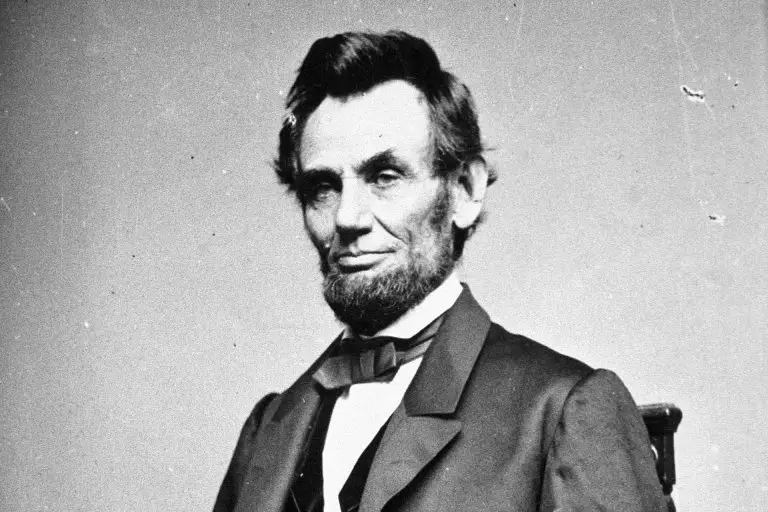The Proactive Care Force: Rethinking Freud’s “Little Boy” Dream
 Dream Narrative
Dream Narrative
In the dream, I see myself standing beside an unfamiliar boy. He is not my child, yet I feel intense concern for his fate—as if he might be in danger if I’m not vigilant. My internal sense of warmth and empathy is mixed with an odd doubt: “Do I have the right to be his guardian?” I want to sit with him and offer support, but a psychological barrier casts doubt on the legitimacy of this act. I long to help, yet simultaneously confront an inner inhibition questioning my right to intervene.
Psychological Knot: Suspension Between Support and Limitation
At the core, the dream presents a clear psychological conflict: the authentic drive to protect and care is undermined by a limiting force that restricts the sense of legitimacy and agency. This knot forms when the proactive force of care—our human urge to protect the vulnerable—is blocked by inner inhibitions or social convention and isn’t actualized.
Symbolic Structure
Each symbol in this dream enacts a specific function:
- The unfamiliar boy: Typically would invite compassion and support, but here symbolizes emotional distance and limitation; the supportive bond is blocked by the doubt of legitimacy.
- Worry and affection: In a healthy network, these mobilize active care and presence. Here, blended with anxiety and self-censorship, they result in suspended action and withdrawal.
- Doubt over guardianship: Plays the role of the inhibitory force, enforcing external or internal boundaries that prevent natural, human support.
Network Structure
Within this system, the proactive care force (active support) is halted by an internal barrier rather than enabling the child’s well-being. The dream’s elements connect as follows:
Concern → Urge to care → Feeling forbidden → Withdrawal → Emotional suspension.
The result is a kind of “moral paralysis,” with positive energy drained into doubt and inaction.
Repair Path: Releasing Ownership Logic
For restoration, each inhibiting symbol must be redefined:
- The right to care should be grounded in humanity and empathy, not ownership or external permission.
- Affection and worry must become active, respectful choice, not fearful intervention—care rooted in ethical responsibility, not legal paper.
- The unfamiliar boy becomes not a barrier, but an opportunity for empathetic action; legitimacy gaps are bridged with a language of respect and compassion.
Final Insight
The truth illuminated by the dream: the most authentic human acts of care do not need special privileges or ownership rights. Social structures may foster security, but should never obstruct empathy and ethical action.
The core response: care must stem from humanity and situational responsibility—when this is honored, every person’s safety and growth become part of our collective well-being.
Breaking the self-imposed chains of “care prohibition” is essential for social and psychological health. Whenever torn between empathy and law, give priority to responsible, respectful support—not passive indecision.
Reality Validation: Mapping the “Little Boy” Dream to Freud’s Life
Network Correspondence:
- The proactive force (active care/support): Freud’s recurring urge to support the vulnerable, central to his constructive, human network.
- The inhibitory force (structural limitation): His acute awareness of having “no right” to intervene operates as a brake, preventing the full expression of supportive energy.
This pattern repeats throughout Freud’s real experience—the instinct to help is often met with conventional, social, and psychological barriers.
Role Inversion and Dysfunction:
- According to USPT, when the proactive force (support) is disabled by the inhibitory force (rules, inner doubts), the human network suffers breakdown and loss of well-being.
- In the dream, care doesn’t become healthy action; it is smothered by fear and anxiety, harming self-worth and psychic integrity.
USPT Model Advantage:
Unlike classical readings of conflict/repression, USPT describes failure as a network-level shutdown: when support loses function and inhibition dominates, psychological health collapses.
Validation Outcome:
Whenever the proactive force is weakened and the inhibitory force dominates, the personal network disintegrates—anxiety, guilt, and ineffectiveness follow.
Repair: Restore the leading role of active support, and limit the inhibitory force to boundaries—not to unnecessary prevention of human action.





